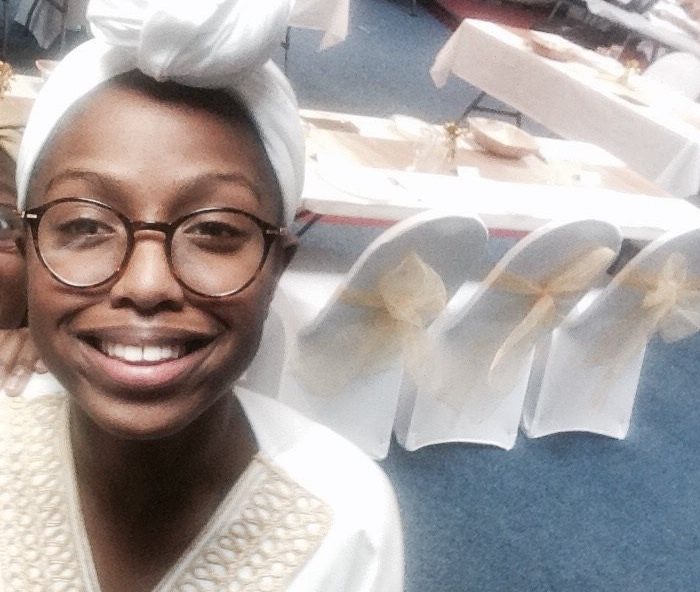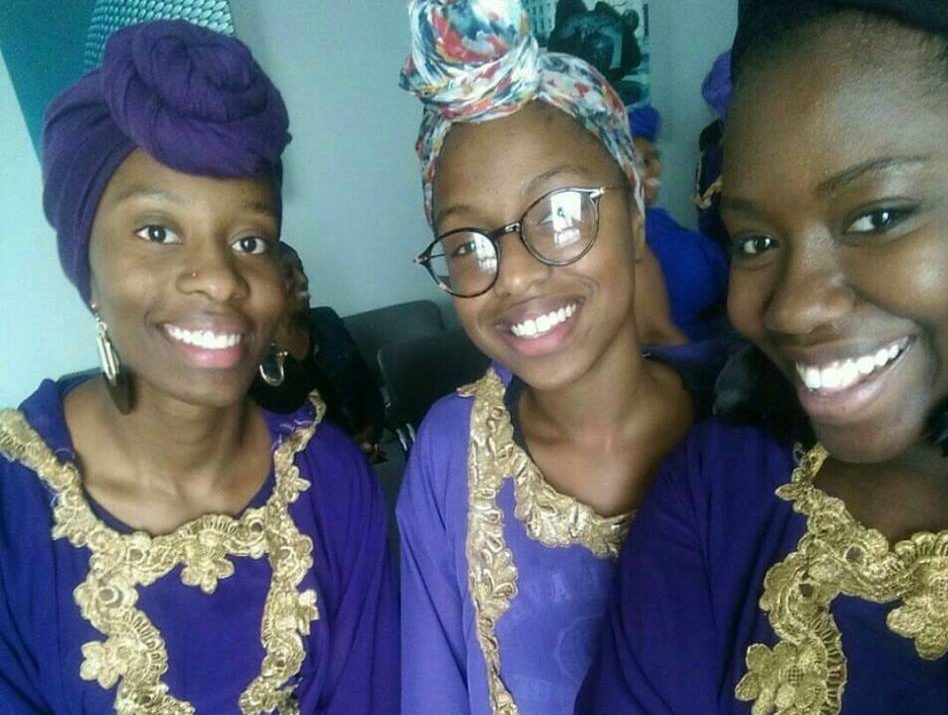
The mainstream media should have paid more attention to Joy Morgan, now it’s too late
Charlie Brinkhurst Cuff
28 Feb 2019
Student Joy Morgan is “missing”, likely dead, and it’s not hyperbole to say that our systemically racist media didn’t investigate her case or platform her family’s pleas for information in the way they should have. On 27 February, 40-year-old Ajibola Shogbamimu was charged with her murder and her family said in a video shared on Facebook that Joy “ain’t coming home”. They are heartbroken.
If you hadn’t heard of the Hertfordshire University midwifery student two weeks ago, I wouldn’t have been surprised. Since being reported as missing on the 7 February, Morgan’s case was receiving limited press coverage by most national news organisations. This was despite Joy last being seen almost two months previously on the 26 December and the police fearing she may have “come to harm”.
As black women, through no fault of our own, our capacity for eliciting sympathy within the media often falls short. There is a moment I will never forget from when I was on work experience at The Times newspaper in 2014, around the time that 14-year-old Alice Gross went missing, but before she was found dead. A news editor sauntered over to the desk and said loudly to reporters that they must cover the case that had come through over the wires. “This girl is young, white, pretty, middle class and creative. Our readers will love her.”
“As black women, through no fault of our own, our capacity for eliciting sympathy within the media often falls short”
Unsurprisingly enough, at the time of writing, The Times, the UK’s most popular daily broadsheet, has published zero articles about Joy Morgan’s case online, compared to at least half a dozen on the similarly worrying case of 21-year-old Hull University student Libby Squire, who was reported missing just six days before Joy on 1 February.
As one tweet pointed out on 18 February, while at the time the BBC News website had run just two local news stories on Joy’s disappearance, they had a section on their main website for Libby and at least ten stories. At the time of writing, the website appears to have published just five stories in total on Joy, compared to over 20 on Libby. Even the Guardian seems to have published just two pieces on Joy online, compared to at least ten on Libby.

Joy Morgan [middle] / image via Facebook
What else can we do but presume that this feeds into why a white, blue-eyed, blonde-haired child like Ben Needham or Madeline Mccann get years of sometimes unhelpful media scrutiny, while the stories of young black or brown children like Elizabeth Ogungbayibi, who went missing when she was five from Manchester in 2006, or Aamina Khan, who was abducted by her mother away from her father (who held custody) from Croydon in 2011, age six, remain relatively unknown?
“Joy Morgan and Libby Squires were the same age, both students, and both have, or had, families that were publicly desperate to see their return”
Black and brown women are not always given licence to be vulnerable, to be victims. As noted by Chimene Suleyman for the Independent a few years ago, “The simple fact is that one single white child’s story can dominate news coverage for years while few in the public domain are aware of how many children of colour are victimised, missing or murdered.”
After the Black Twitter-led furore around Joy’s case happened last week, a news journalist at a national media organisation sent me a message saying that it had spurred her to ask their crime reporter to write an update on the story. “Us news reporters should be hanging our heads in shame really,” they wrote.
This is so sad. Its disgusting how the a lot of the media and too many people in general don’t care if the victims are not white. They should of covered this story as extensively as they did for Gia and many other missing victims who were white. I really hope Joy is ok.
— angel (@angelkeene) February 21, 2019
For those who knew and loved Joy, the lack of support they have received from the media compounds the fact they have lost a dear family member and friend who was, by all accounts, a joyful person to be around. We have a responsibility now to remember her as the sparkling, intelligent person she was.
A friend from school said that “Joy was funny, she was friendly, she’d talk to anyone, she’d make friends with anyone. She was very, very serious about her education. She was in the top set for everything and all the teachers liked her. She was just a normal girl.”
Before learning of the murder charge, Dionne Morgan described her younger sister as a beautiful person, “inside and out” and someone whose name suited. “She’d do anything for anyone. She’s always there. She loves her nieces and nephew, a lot. That’s my children. She’s always there for them. Always has been, for them. And she’s happy. She’s just like her name, Joy.”
While certain sections of the media are not responsible for the outcome of the police’s investigation, we should all be analysing the stories we highlight and prioritise as part of the news agenda. There’s a reason why we report on missing person’s cases: it’s in the public interest.
gal-dem has been investigating the case of Joy Morgan and urges anyone with information around her case to email charlie@gal-dem.com. A GoFundMe has been set up to help support Joy’s family with burial expenses.








